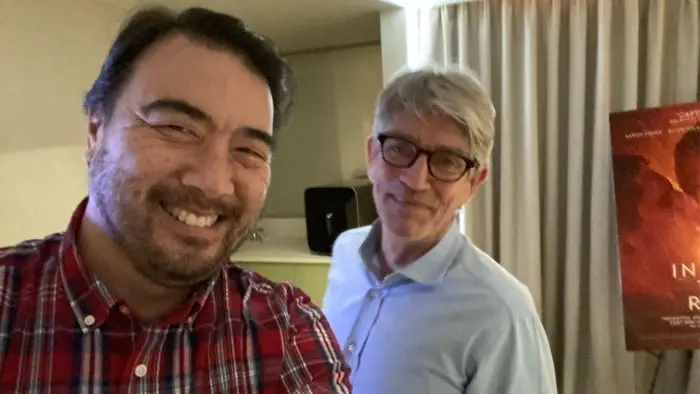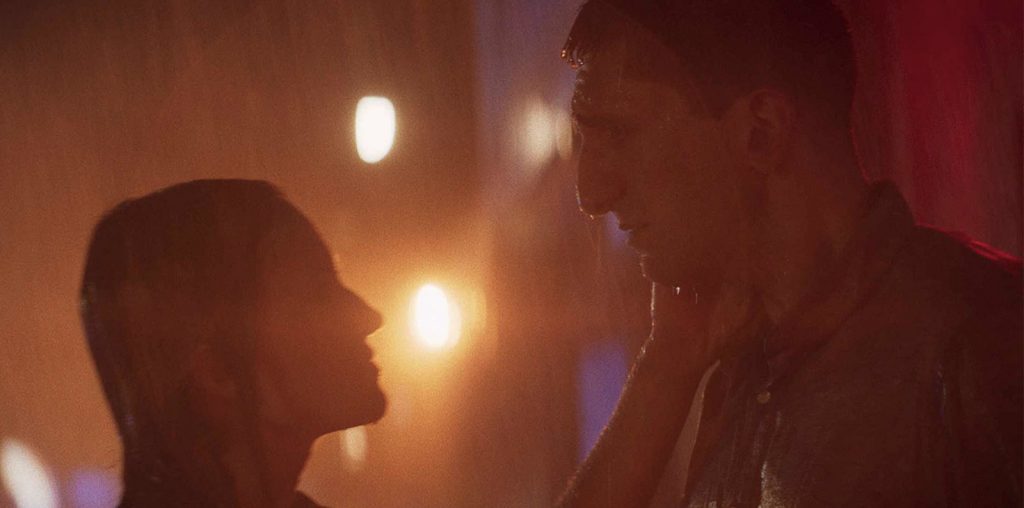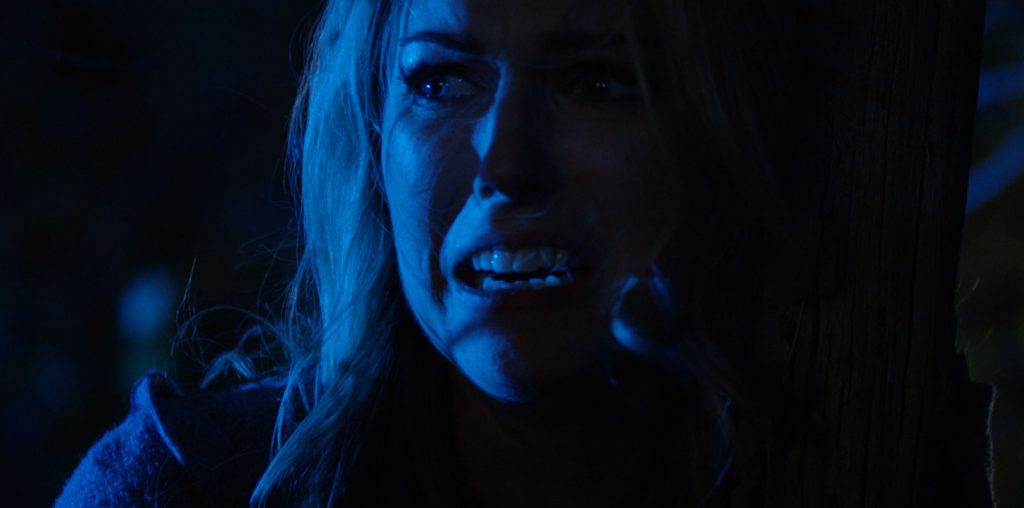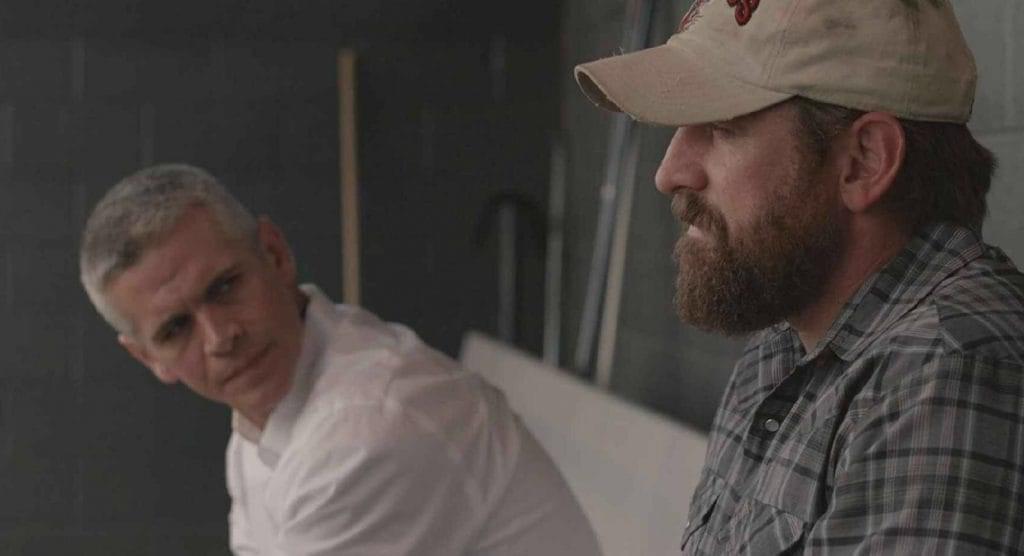
And that was the role of Monty. Right?
But that’s not why I said yes, because I don’t have time to go do small parts and small films. The subject matter was valuable. Dude, I spent about a thousand days on psychotropics, you know, abuse, booze, Prozac and all that stuff did not work for me. It worked against me. In fact, I lost jobs because people were thinking, “is he doing drugs?” and saying, “no, we don’t want Eric.” So yeah, it did not help me. But when I stopped it, I was back to my normal self and I understand this world of mental health. When I read the script, the role was charming and enjoyable. I wasn’t anything that I have to go chase.
Did you have a lot of leeway in terms of how you develop the character?
It’s a regular small part. And what you saw was what he put up the page for me. He gave me the outline and the character and I just felt it out. It was easy for me cause it’s an easy, enjoyable part of the play.
This idea of someone with a severe bipolar disorder…to him it was this idea of getting to the point of being normal and of not being pushed aside. But it’s finding that way to be a normal person in life and finding your own kind of destiny. I think we tend to throw people away at times too easily.
We do, of course. We do because, we’re like raised in the Western world with who’s the best, who’s first, or who’s the fastest. That’s an achievement as opposed to who can be. We don’t do the “be” much here. We all look up to the best, but we don’t look at ourselves and what our potential is.
You seem to focus mostly on doing independent films. What’s your take on the movie industry today?
There is no industry. Like music, there is no music industry. It’s just individuals making music, and getting it out there. Even the Rolling Stone, it’s just individuals getting their stuff out there. There is no movie industry, it’s the artists. Indie film gives that opportunity for someone who has a story to tell, to be able to actually tell it.

“…what you need to do to get Eric Roberts to appear in your movie. It could happen.”
I was curious, what are the projects that excite you? How do you choose your projects?
Over the years, it has evolved. For the first 20 years of my career, it was very artistic. It was what I can get, to what I can find, then to what I can become. It was all a very matter of life and death.
Then I became much more relaxed and I started saying stuff like, where are they shooting this film? In Baja, man? Do I get to keep my clothes, if I wear 12 suits? I’ll do the movie based on the location and the director. I has to be fun.
I’m an old guy and I’ve done a lot. I’ve already proven myself. I don’t have anything left to prove. It’s all a matter of having fun now for me. I have fun every day. I’ve seen the planet and I have the best job ever on the planet. I know that and I’m so happy to have it and so thankful because I’m not terribly humble. But I am terribly thankful that they let me work pretty much every day of the year. Every day and anywhere in this world—especially Russia. They love me and I’m making two to four movies a year in Russia. I just love my life and I have a wife that I’ve been addicted to for 27 years.
What is your outlook as to the state of indie film and filmmaking today?
Well, let me tell you a story. In 1993, my wife says to me, what do you want to do if you could do something every day, what would it be? I said, I would be on a movie set all the time. She tells me, “that’s not gonna happen, buddy.”
Then 2003 comes and something weird is happening. She says everybody can afford one of those new digital cameras. They’re affordable and everybody’s buying them and from all around the world. And they all want you in their movie. People make movies as a hobby, but they’re calling for you from all over the world. Do you want to go pursue this? I said yes. So we saw the world for free from 2003 to 2018, we saw the entire planet except the Arctics and had a great time.
It’s only a matter of time before you go to the Artic.
No, I’m not going.


